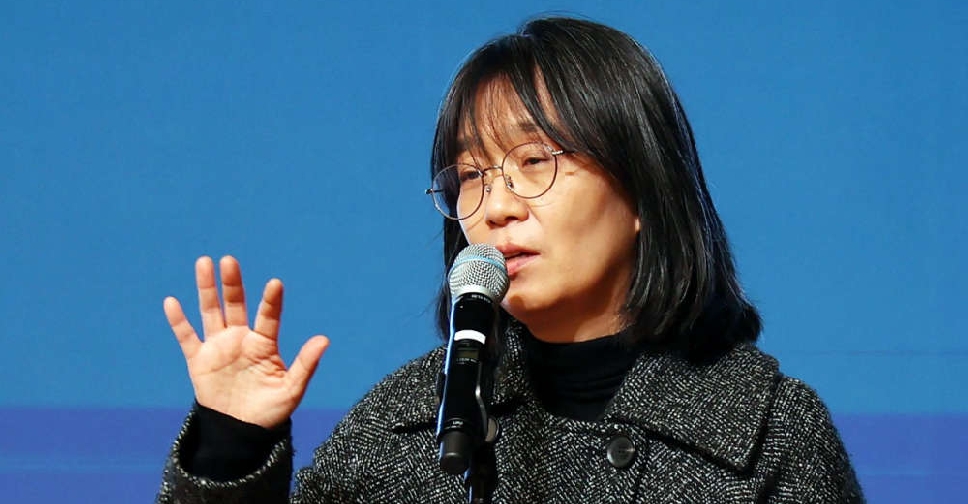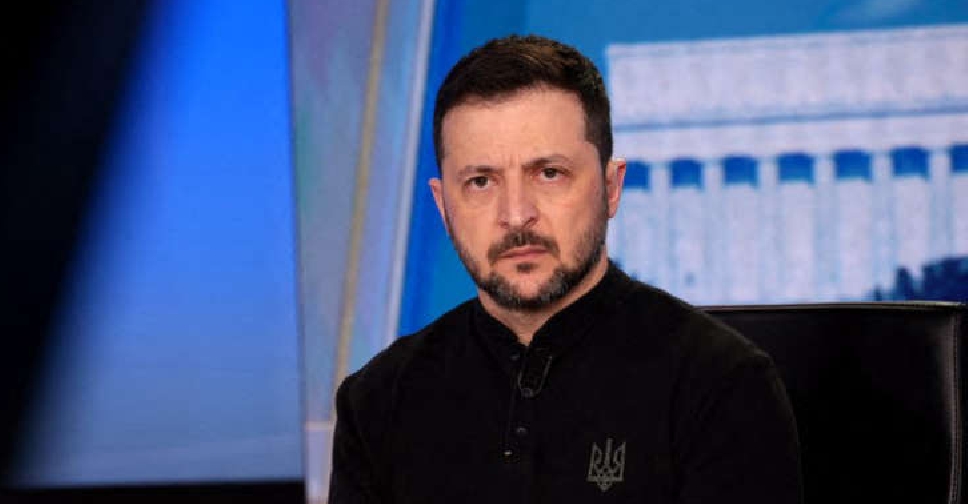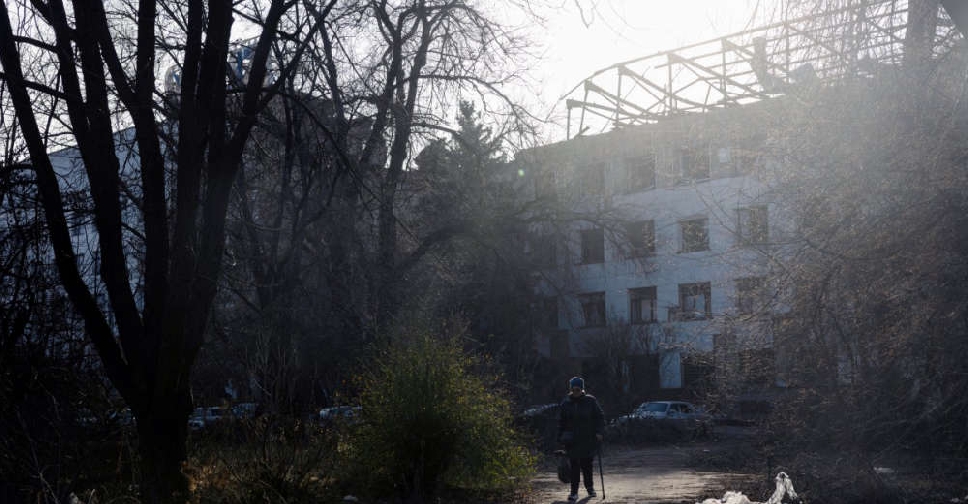
South Korean author Han Kang won the 2024 Nobel Prize in Literature for "her intense poetic prose that confronts historical traumas and exposes the fragility of human life", the award-giving body said on Thursday.
The prize is awarded by the Swedish Academy and is worth 11 million Swedish crowns ($1.1 million).
"She has a unique awareness of the connections between body and soul, the living and the dead, and in her poetic and experimental style has become an innovator in contemporary prose," Anders Olsson, chairman of the Academy's Nobel Committee, said in a statement.
Han Kang, the first South Korean and the 18th woman to win the literature prize, began her career in 1993 with the publication of a number of poems in the magazine Literature and Society, while her prose debut came in 1995 with the short story collection "Love of Yeosu".
Born in 1970, she comes from a literary background, her father being a well-regarded novelist.
Han Kang won the Man Booker International Prize for fiction for her novel "The Vegetarian" in 2016, the first of her novels to be translated into English and regarded as her major international breakthrough.
Bookmakers' favourites ahead of the announcement had included Chinese writer Can Xue and many other perennial possible candidates such as Kenya's Ngugi Wa Thiong'o, Australia's Gerald Murnane and Canada's Anne Carson.
Han Kang had not been widely backed, though South Korean poet Ko Un has been regularly tipped to win the prize in recent years and was again among those seen as in with a chance.
"I was able to talk to Han Kang over the phone," Mats Malm, permanent secretary of the Swedish Academy told a news conference. "She was having an ordinary day, it seems, she had just finished supper with her son," he said.
'THE VEGETARIAN'
In "The Vegetarian", after struggling with gruesome recurring nightmares, Yeong-hye, a dutiful wife, rebels against societal norms, forsaking meat and stirring concern among her family that she is mentally ill.
"She is exploited erotically and aesthetically by her brother-in-law, a video artist who becomes obsessed with her passive body (and) ... sinks ever deeper into a psychosis-like condition expressed through the 'flaming trees', a symbol for a plant kingdom that is as enticing as it is dangerous," according to the Academy's description.
In an interview with the Booker Prizes published last year, Han Kang described how the writing of "The Vegetarian" had been a difficult period in her life where she questioned whether she would be able to finish the novel or even survive as an author.
"I was suffering from severe arthritis in my fingers, so I wrote the first two parts at a leisurely pace, using a felt-tip pen that glided smoothly across the paper, and then typed out the last part holding two ballpoint pens upside down," she said.
"To this day, I feel awkward when I hear about the novel's ‘success'."
HISTORICAL TRAUMA
Her focus on historical trauma is explored in the novel "Human Acts" through a 1980 massacre of hundreds of students and unarmed civilians by the South Korean military in the city of Gwangju, where she herself grew up.
"In seeking to give voice to the victims of history, the book confronts this episode with brutal actualization and, in so doing, approaches the genre of witness literature," the Academy said.
In "We Do Not Part", her latest novel due to be published in English in 2025, Han Kang "conveys the power of the past over the present".
Two of her books have been made into films; "The Vegetarian" in 2009, directed by Lim Woo-Seong, and 2011's "Scars", by the same director.
The Nobel prizes were created through a bequest in the will of Swedish dynamite inventor and businessman Alfred Nobel and began in 1901.
The literature prize is the most accessible of the Nobels for many and, as such, the Academy's choices are met with praise and criticism, often in equal measure.
The Academy's omission of literary giants such as Russia's Leo Tolstoy, France's Emile Zola and Ireland's James Joyce has left many book-lovers scratching their heads over the last century.
The 2016 prize award to American singer-songwriter Bob Dylan was hailed as radical rethink about what literature is, but also seen as a snub to authors in more traditional genres.
Even so, the prize money and a place on a list that includes luminaries such as Irish poet W.B. Yeats, who won in 1923, American novelist Ernest Hemingway, who took the award in 1954, and Colombia's Gabriel Garcia Marquez, winner in 1982, is an appealing proposition.



 Israeli strike kills 26 people in Gaza City house, medics say
Israeli strike kills 26 people in Gaza City house, medics say
 Chinese nationals captured fighting for Russia in Ukraine, Zelenskyy says
Chinese nationals captured fighting for Russia in Ukraine, Zelenskyy says
 Hezbollah ready to discuss weapons if Israel withdraws
Hezbollah ready to discuss weapons if Israel withdraws
 At least 22 injured in huge Russian drone attacks on Ukraine
At least 22 injured in huge Russian drone attacks on Ukraine



